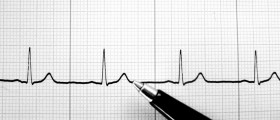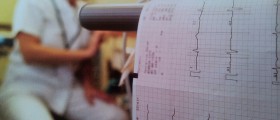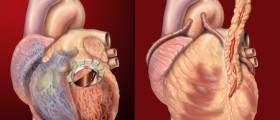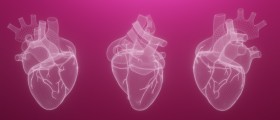
Irregular beats
This condition is also known, in medical terms, as the ectopic heartbeat. What induces it is the occurrence of abnormalities in the otherwise regular heart rhythm and heart beat rate. People who suffer from ectopic heartbeat can literally feel when their heart skips a beat.
Varieties
There are two different and distinct types of this condition. The first is called Premature Atrial Contraction and the second one is called Premature Ventricular Complexes. The former is characterized by heartbeats, where the rising point has its onset in the upper heart chambers (also familiar as “atria”), whereas the latter type is characterized by heartbeats that come from lower chambers (known as the “ventricles”).
Most frequent culprits
The list of underlying conditions that can bring about an irregular, heart beat and heart rhythm is fairly long. These conditions can be brought about due to the heart not getting enough of blood, Ischemia, a chemical imbalance (e.g. decrease in quantity of potassium), a decrease in the proper levels of blood oxygen, anemia, beta-blockers, thyroid pills, asthma drugs, overdoing it with caffeine, cigarettes and alcohol, if heart disease is present (both in children and in adults), in those adults who have problems with excessive anxiety, as well as stress and depression, hyperthyroidism and also due to Mitral Valve Prolapse (caused by improper functioning of the valve separating atrium and ventricle).
Alleviation and therapies
In some cases, this condition occurs without any particular reason and is thus not treated properly. In case a person does not want to take any risk, a visit to the doctor is the next step to be taken. The doctor will perform a physical examination to determine the extent of the problem and the potential affects it creates. But, if a person suffers from occasional skipped heart beats, then doing a simple examination may not be sufficient. So a more intensive exam is prescribed, which could involve the taking of the person’s blood for the purpose of excluding any potential blood related abnormalities. In addition, sometimes an EKG test is also performed, as well as echocardiogram, coronary angiography, as well as ambulatory cardiac monitoring.

















Your thoughts on this
Loading...